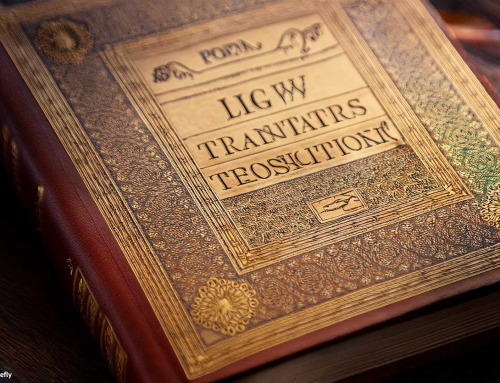Community of Assets Acquired During Marriage in Switzerland (Errungenschaftsbeteiligung)
If the spouses have not chosen a matrimonial property regime other than community of property or separation of property (unless separation of property applies between them as an extraordinary matrimonial property regime, Art. 181 ZGB), their property relations are regulated in accordance with the provisions on the community of property acquired during marriage (Art. 196 – 220 Swiss Civil Code, ZGB) .
In terms of its effect, the community of property acquired during marriage does not differ significantly from the separation of property; pursuant to Art. 201 CC, the spouses manage and use their respective assets within the statutory limits and dispose of them. The meaning of this is essentially determined by the general effects of marriage, such as the restriction of the power to dispose of certain assets in accordance with Art. 178 CC. Anyone claiming to be the sole owner of an asset must provide proof of this, otherwise the joint ownership of both spouses is assumed (Art. 200 para. 1 and 2 CC). According to Art. 202 CC, the spouses are only liable for their own debts, regardless of how they were incurred.
Particularity of the community of property acquired during marriage
The particularity of the community of property acquired during marriage only becomes apparent upon the dissolution of the marriage: at this point, the value of the property acquired by the respective spouses during the marriage is adjusted. At this point, a distinction is made between the marital part of the acquired property (Errungenschaft) and the personal property (Eigengut) of the respective spouses. Pursuant to Art. 197 para. 1 of the Swiss Civil Code (ZGB), acquisition is the assets that a spouse acquires for a consideration during the term of the matrimonial property regime, such as, in particular, remuneration, social security benefits, compensation in the event of incapacity for work, the income from personal property and replacement purchases for the acquisition (Art. 197 para. 2 ZGB). Pursuant to Art. 198 ZGB, personal property essentially includes four types of assets, such as items for exclusively personal use, assets that already belonged to one spouse at the beginning of the matrimonial property regime or that accrue to him/her through an inheritance or otherwise free of charge. Certain assets can also be defined in a notarized marriage contract as separate property.
Dissolution of the community of property acquired during marriage
The matrimonial property regime is dissolved by the demise of one of the spouses, the divorce, separation or annulment of the marriage, the agreement of a different matrimonial property regime or a court order for the separation of property (Art. 204, 185 and 189 CC). In the event of the demise of a spouse or the agreement of a different matrimonial property regime, the date of dissolution and the event coincide, whereas in the event of divorce, separation or annulment of the marriage or a court order for the division of property, the dissolution is backdated to the date on which the request was submitted.
In the event of liquidation of the matrimonial property regime
In the event of liquidation of the matrimonial property regime, the spouses take back their assets held by the respective other spouse. If an asset is jointly owned and one of the spouses provides evidence of a special interest in it, he or she can demand that this asset be given to him or her undivided and that the spouse be awarded compensation. The assets of the respective spouses are then divided into personal property and acquired property (Art. 207 ZGB). What remains of the inheritance after deduction of debts forms the positive balance (Vorschlag). Each of the spouses is entitled to half of the other’s assets in accordance with Art. 215 para. 1 CC and is not obliged to share in the other spouse’s debts (Rückschlag).
Exceptions
An exception to this is a business owned by one of the spouses, with its assets and liabilities, which is treated as an acquired property and is subject to special rules, in which case the debts incurred or waived after the dissolution of the matrimonial property regime must be taken into account as an integral part of the business at the time of the valuation. In order to prevent one spouse from delaying the procedure of liquidating the matrimonial property regime with the aim of increasing the gains of the other spouse and thus increasing their own co-ownership of the gains, or reducing the value of their business and thus the other spouse’s co-ownership of the gains, the other spouse may invoke hypothetical income to be attributed to the entrepreneurial spouse.




